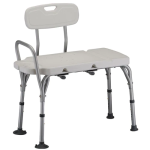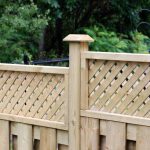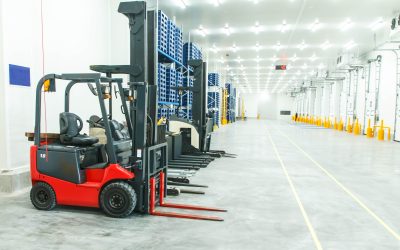321 Stainless Steel is a standard austenitic 18/8 chromium nickel alloy that has had Titanium added to it. 321 Stainless Steel Bar is generally comprised of 70% titanium, 17% to 19% chromium, 12% nickel, 2% manganese, less than 1% silicon, with the remainder being iron.
Temperature Tolerant and Corrosion Resistant
The addition of Titanium makes this an ideal choice of alloy to use in environments with higher temperatures, as it eliminates the need to re-anneal after fabrication. It also helps protect against inter-granular and aqueous corrosion – even on welded pieces. Optimum corrosion resistance is achieved when used between about 800 and 1500 degrees Fahrenheit. Titanium also makes this alloy extremely resistant to weld decay.
Cold working can substantially increase the strength and hardness of 321 Stainless steel alloy bar, although there is a subsequent reduction in ductility. It cannot be hardened by thermal treatment.
Common Applications
321 Stainless Steel can be used in applications where it comes into contact with most diluted, organic acids. It offers excellent corrosion resistance in most rural and industrial natural water, as long as there are low concentrations of chloride, salt and hydrochloric and organic acids.
It is commonly used in jets, aircraft, tempering equipment, refineries and exhaust system applications. Its corrosion resistance and good creep strength make it ideal to use at high temperatures, such as in exhaust stacks and manifolds. Other applications include:
-
Fire walls
-
Flexible couplings
-
Fasteners
-
Welded and woven industrial screens
-
Mufflers
-
Boiler casings
-
Expansion joints
-
Heating element tubing
-
Spiral welded tubing for burner flues and pipes
-
Bellows
-
Cabin heaters
-
Heat exchangers
-
Carburetor air intensifier tubes
-
Pressure vessels
-
Chemical Storage tanks and tank cars
Stainless steel 321 is also used extensively in the food industry, as it possesses excellent resistance to most oxidizing agents, including general foodstuffs, sterilizing solutions and dyes.
Welding
This versatile alloy is readily weldable, although oxyacetylene welding is not recommended as there could be carbon pick up in the weld area. It can be welded without losing its corrosion resistance, and post-weld annealing is not usually needed.
The alloy is available in 321 Stainless Steel Bar, Plate and Rod.








